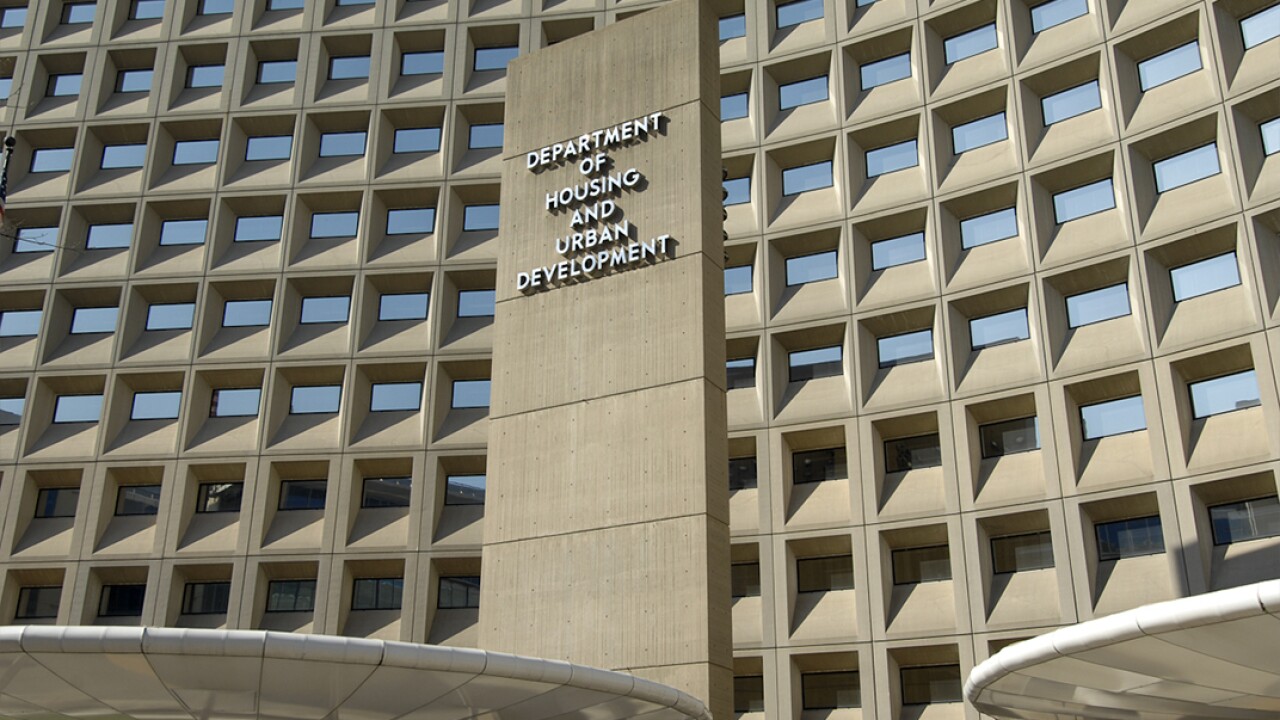To money managers at Goldman Sachs Group Inc. and Prudential Financial Inc., the laggards of the debt universe look pretty good right now.
The asset-management arms of both firms are buying bonds backed by consumer and corporate debt like mortgages and student loans, which they view as offering high yields for the risk investors are taking. The performance of asset-backed securities is not directly tied to U.S. corporate profits, which have been weakening, and more linked to consumers and other areas of the economy that remain relatively strong.
The bonds "are sitting out there as unloved assets," said Mike Swell, a global portfolio manager at Goldman Sachs Asset Management in New York, which oversees more than $1 trillion. "There is going to be this demand for yield and we think assets that are less exposed to economic growth are likely to perform relatively well over the course of the next year or so."
For now, the securities are lagging, in part because they still have the taint of being connected to the financial crisis. Asset- and commercial mortgage-backed bonds have returned just 3.8% this year, according to Bank of America Merrill Lynch index data, behind the 8.9 %gains in investment-grade corporate securities, the 14% jump in junk-rated company debt, and even the 5.2 percent increase in Treasuries and agencies.
Many investors are also reluctant to consider the bonds because of their complexity, and their low liquidity. Just $1.4 billion of asset-backed securities like credit card and auto loan bonds traded daily in July on average, compared with nearly $30 billion of corporate debt, according to data from the Securities Industry and Financial Markets Association.
These bonds are experiencing "dislocations rarely seen post-crisis," said Jordan Milman, head of trading at LibreMax Capital LLC. Milman co-founded the $2.5 billion hedge fund with partners including Greg Lippmann, who famously shorted mortgage bonds before the crisis. Investors can buy securitized debt with yields trading in the mid-to-high single digits, Milman said.
That may be what draws in investors — the potential to buy bonds with ratings similar to corporates but with higher yields, which is especially attractive when yields are negative on trillions of dollars of bonds globally.
Goldman Sachs Asset Management is looking at debt backed by mortgages that don't have government guarantees as an alternative to high-yield corporate notes, while top-rated bonds supported by student loans are a substitute for investment-grade corporates, said Swell. For Prudential Fixed Income's John Vibert, co-head of structured product, AAA rated bonds backed by mortgages on offices, malls, and hotels are "a surrogate for traditional high quality fixed-income bonds."
Commercial mortgage bonds with an A rating yield an average of about 3%, according to Bank of America Merrill Lynch index data, around 0.90 of a percentage point more than an index of high-grade corporates with about the same average rating and duration.
Money managers are increasingly betting on U.S. consumers across multiple markets. Oil prices are leaving customers with more cash in their pockets, and sales are rising for cars, furniture and online merchants, even if retail sales hiccuped in July. Unemployment has fallen below 5% and borrowing costs remain near rock bottom.
The housing industry is also doing well, which is a reason to feel confident adding mortgage credit exposure, according to Gary Singleterry, an investment director at GAM Holding AG, which manages around $119 billion in assets. The delinquency rate for home loans fell in the second quarter to the lowest level in a decade, according to a survey by the Mortgage Bankers Association. New home sales in June climbed to the highest in more than eight years.
"There's a great fundamental backdrop to the performance of mortgages, and nothing that we see shows any signs of that abating," said Greg Parsons, chief executive at Semper Capital Management, a structured-debt focused money manager overseeing about $1.2 billion.
For corporations, on the other hand, the credit picture looks less rosy. Profits for companies in the S&P 500 index have fallen for the last five quarters, and are expected to decline again in the third quarter, which would be longest decline since the financial crisis. So far this year, Moody's Investors Service has upgraded the fewest companies relative to the number that it's downgraded since 2009.
There is some evidence that foreign investors are starting to get interested in securitized bonds. Overseas money managers bought almost $19 billion of long-term U.S. asset-backed securities in June, more than double purchases of two years earlier, according to the most recent data published by the U.S. Treasury.
"There aren't many things that have a lot of yield; one of the few areas that still does is structured credit," said Troy Gayeski, a senior fund manager at SkyBridge Capital, said in Bloomberg Television interview on Aug. 10.





